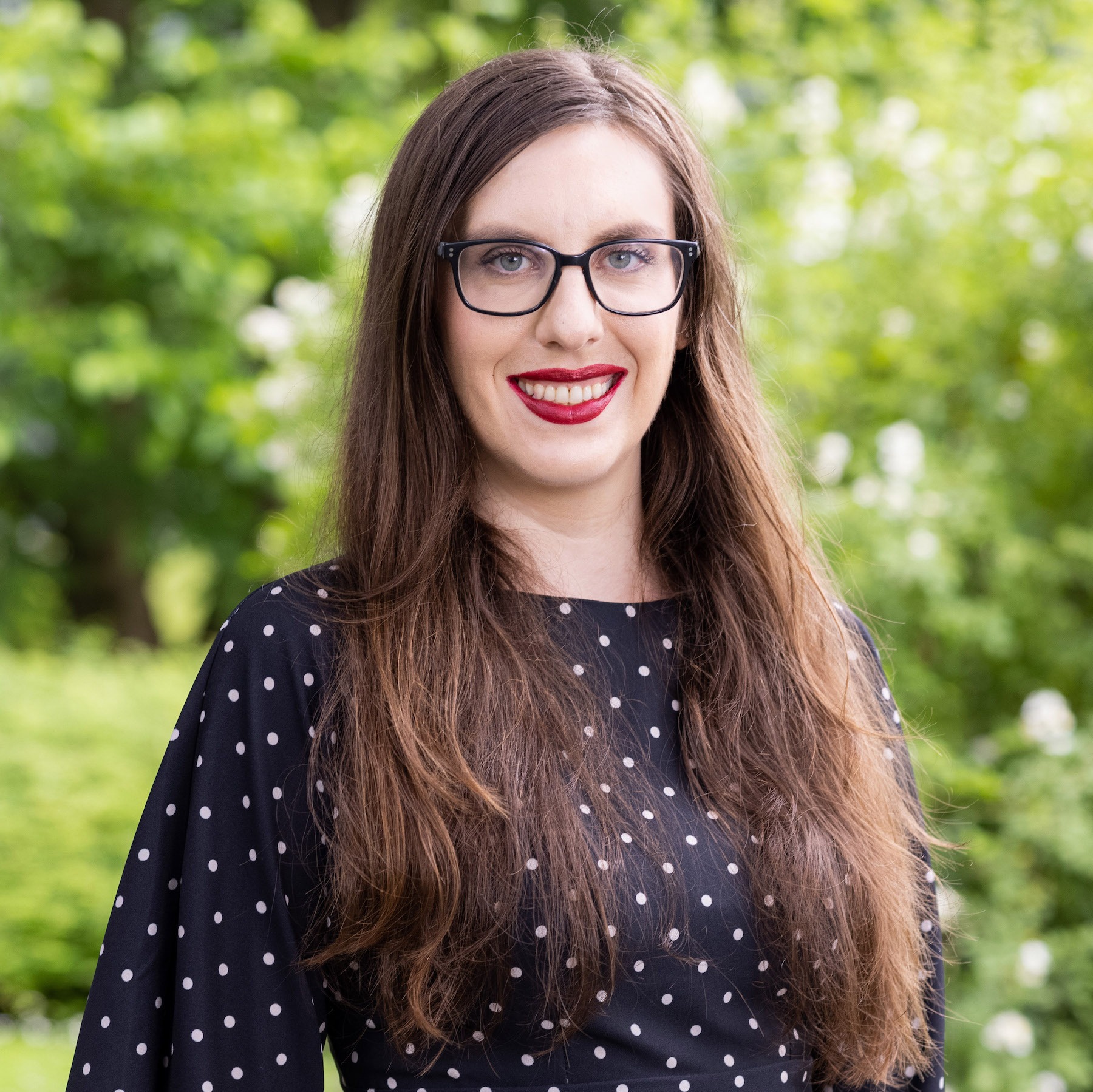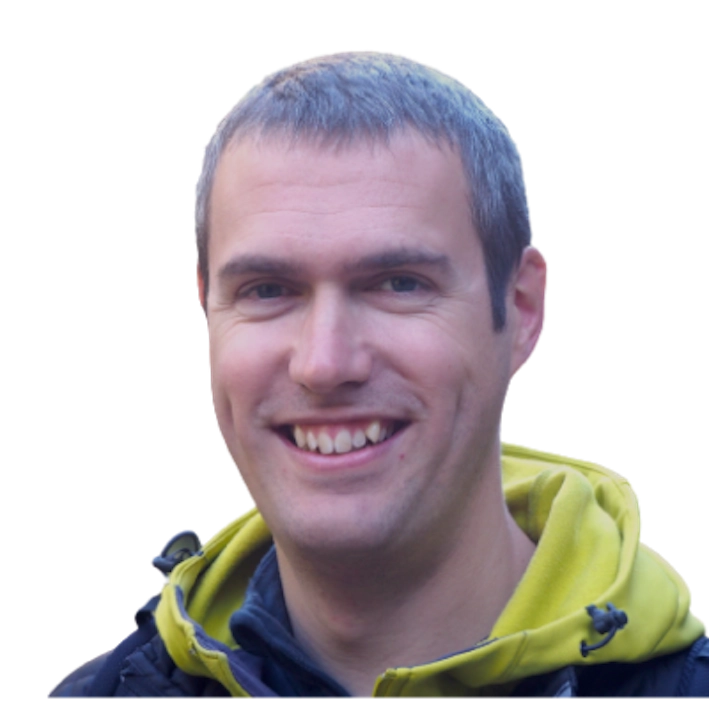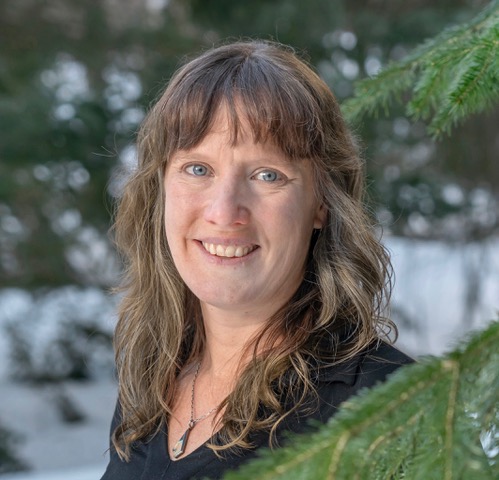Keynotes
Jens Bast's team tries to answer one of the biggest questions in evolutionary biology: why does sex exist? The team focuses on asexual organisms to address this question. The goal is to determine how some asexual animals —in particular, oribatid mites— could persist in time without the genetic variability that is generated by sexual reproduction.
Laura Carroll's team uses metagenomic and genomic sequencing data to track and prevent the spread of bacterial pathogens. Through bioinformatics, the team can determine how the pathogen has evolved and spread between hosts, identify genomic determinants of pathogenicity and predict pathogen virulence. Furthermore, the team develops and maintains software.
Phil Ewels is the creator of the MultiQC software and co-founder of nf-core, and he is also heavily involved with Nextflow, among other projects. He creates tools that make software development easier for scientists and he hopes to contribute to the research community by making research more reproducible.
Anton Feenstra is an associate professor, with a focus on structural bioinformatics, protein-protein interactions, and the modeling of signaling and regulatory networks. He specializes in predicting protein interactions from sequences using computational methods like Petri Net models. He has worked on molecular dynamics simulations of biomolecules, aiming at understanding protein structures and their functional features.
Kelly Swarts' team studies climate adaptation of conifers in Europe. Conifers, the most common type of tree in Sweden, are one the oldest lineages on Earth. Even though conifers have great genetic diversity and adaptability, their long generation times, coupled with climate change, have resulted in decreasing forest areas. The team combines growth measurements based on tree-rings with environmental data such as weather forecasts to predict how well a tree will adapt to a modeled environment.




